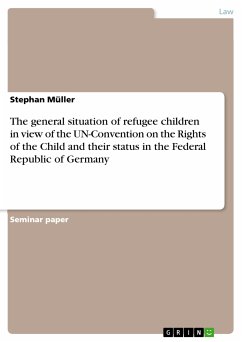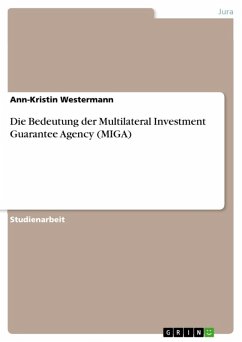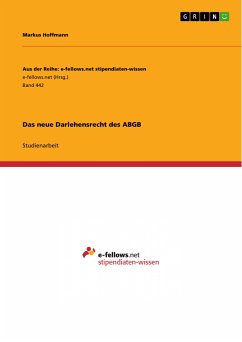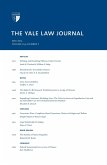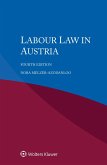Master's Thesis from the year 2007 in the subject Law - Comparative Legal Systems, Comparative Law, grade: Gut, University of Amsterdam (Labour Law), course: International Labour Law, language: English, abstract: Agency work is an embodiment of the 'Flexicurity' - issue: It is flexible due to its uncomplicated usage and fast availability in companies, but it is strictly regulated in order to provide sufficient security for the workers employed. It was created by the demand in the market for a more flexible method of utilization of the available of workforce, but the need to provide for security of the employee especially in this form of work was always recognized by the trade unions. Formerly called a 'modern form of slave work' it is now recognized as legal and its necessity is not anymore contested. The share of temporary work in Europe saw a growth of 10% between 1991 and 1998 and it is believed to continue to grow. In the overall employment its share is still small: in 1998 a mere 1.4% of the total employment in Europe was agency work, but its dynamics and fluctuation of workforce makes it an important factor in the labour market. Agency work is an important part of the European labour policy as the Social Agenda recommended stimulating the creation of quality jobs, diversifying forms of employment and reconciling flexibility and security. Agency work is not equally spread in Europe: Around 80% of its workforce is employed in 4 countries: the Netherlands, France, Germany and the UK. The methods of regulation of agency work differ considerably between the Member States: Germany and Austria have specific definitions of and regulations for temporary work which mainly cover the relationship between the three partners. Denmark, the role model in terms of 'Flexicurity', only has a limited regulation while France, Italy, Belgium et al. have regulated agency work in detail covering not only the relationship but also the status of temporary workers. All over Europe different strategies have been employed to regulate this type of atypical work providing for more or less flexibility or security. On the European level a directive has been drawn up, that provides for significantly less protection than granted in Germany and Austria. The first intentions to regulate the matter are found in the 1980ies.
Dieser Download kann aus rechtlichen Gründen nur mit Rechnungsadresse in A, B, BG, CY, CZ, D, DK, EW, E, FIN, F, GR, HR, H, IRL, I, LT, L, LR, M, NL, PL, P, R, S, SLO, SK ausgeliefert werden.



